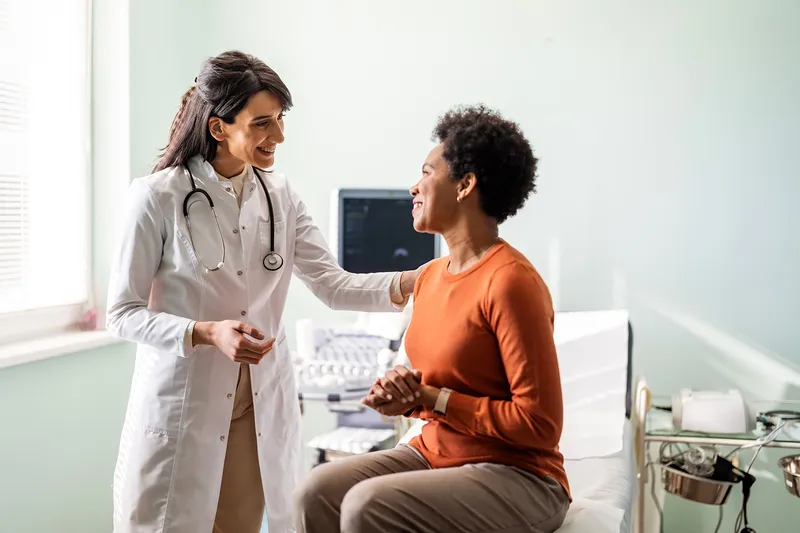
Interstitial cystitis (IC), or painful bladder syndrome, causes a range of symptoms that include a frequent and urgent need to urinate, painful urination, and intense pelvic pain. The condition is not well-understood and it is difficult to treat. The pain from interstitial cystitis is hard to cure because part of the pain comes from the nervous system (the brain and nerves).
If you’ve been struggling with burning sensations in your bladder, frequent trips to the bathroom, and pain during sex, you might wonder why there’s no quick fix for your symptoms. Unlike a bladder infection, which can be treated with an antibiotic that resolves the symptoms in days, IC is more complicated to treat. That’s why it’s important to find a holistic treatment provider who understands the factors that contribute to IC.
1. The Pain From Interstitial Cystitis Is Different
Interstitial cystitis is difficult to treat because much of the pain arises from the nervous system. The medical term is nociplastic pain. It occurs when the body’s attempt to heal from an injury, infection, or other problem goes awry. Inflammation spreads to the nerves and disrupts the normal processing of pain signals. Over time, typically months, the nerves become abnormally sensitive to stimuli. Pain comes on faster and lasts longer. Pain continues even after the original injury has resolved.
2. The Test for Nervous System Pain
You can check for nervous system pain using the central sensitization inventory (CSI). A score of 40 or higher on the CSI (within a range of 0 to 100) suggests a significant number of symptoms are from nervous system pain. The inventory is available for free at the link above. After completing it, show the provider treating your IC so they may tailor your treatment.
3. Procedures Don’t Work for Nervous System Pain
Proper pain treatment depends on the pain type you have. Procedures work well for many types of pain, but not nervous system pain. Procedures and surgeries may worsen this pain type because the nerves are hyper-sensitive. Procedures treat the bladder, not the nervous system. In my experience, when the CSI score is higher than 40, procedures may not be helpful and often worsen symptoms.
Think of it this way. You don’t put a cast on a paralyzed arm from a stroke because the cause of the injury isn’t in the arm; it’s in the brain. The same is true when treating nervous system pain.
4. Interstitial Cystitis Requires a Holistic Treatment Approach
Interstitial cystitis requires a holistic treatment approach because many factors contribute to it. If you’re stressed out, have a childhood history of abuse, or are battling mental health issues, your symptoms may worsen. That is why treatment from a holistic standpoint is so important.
Psychological therapies play an important role since the brain processes pain as both a physical and emotional experience. Pain psychologists specialize in approaches that are helpful for nervous system pain (e.g., mindfulness-based therapy, pain reprocessing therapy, dialectical behavior therapy).
Acupuncture and medical therapies may reduce nervous system pain by decreasing nerve sensitivity. In my experience, the most effective medications include gabapentin, amitriptyline, duloxetine, and low-dose naltrexone (1-5 mg). Current therapies don’t eliminate the pain but may reduce it by 50%. Research is underway to find more effective therapies.
What You Can Do
Many factors contribute to interstitial cystitis and nervous system pain; you need a provider that addresses all of them. The right provider understands the psychological and medical therapies that help with nervous system pain. A good provider looks at your mental health, asks about a history of abuse or trauma, and discusses the impact of stress on symptoms. And, they understand that procedures don’t work well.
A urologist (bladder doctor) may not address all these factors. Providers with training in nervous system pain and who offer a holistic approach can be found at pain specialty centers. You can also seek out a pain psychologist to address the non-medication-related factors.
Learn more about nervous system pain treatment in my book, Sunbreak: Healing the Pain No One Can Explain.
Photo Credit: Shutterstock






